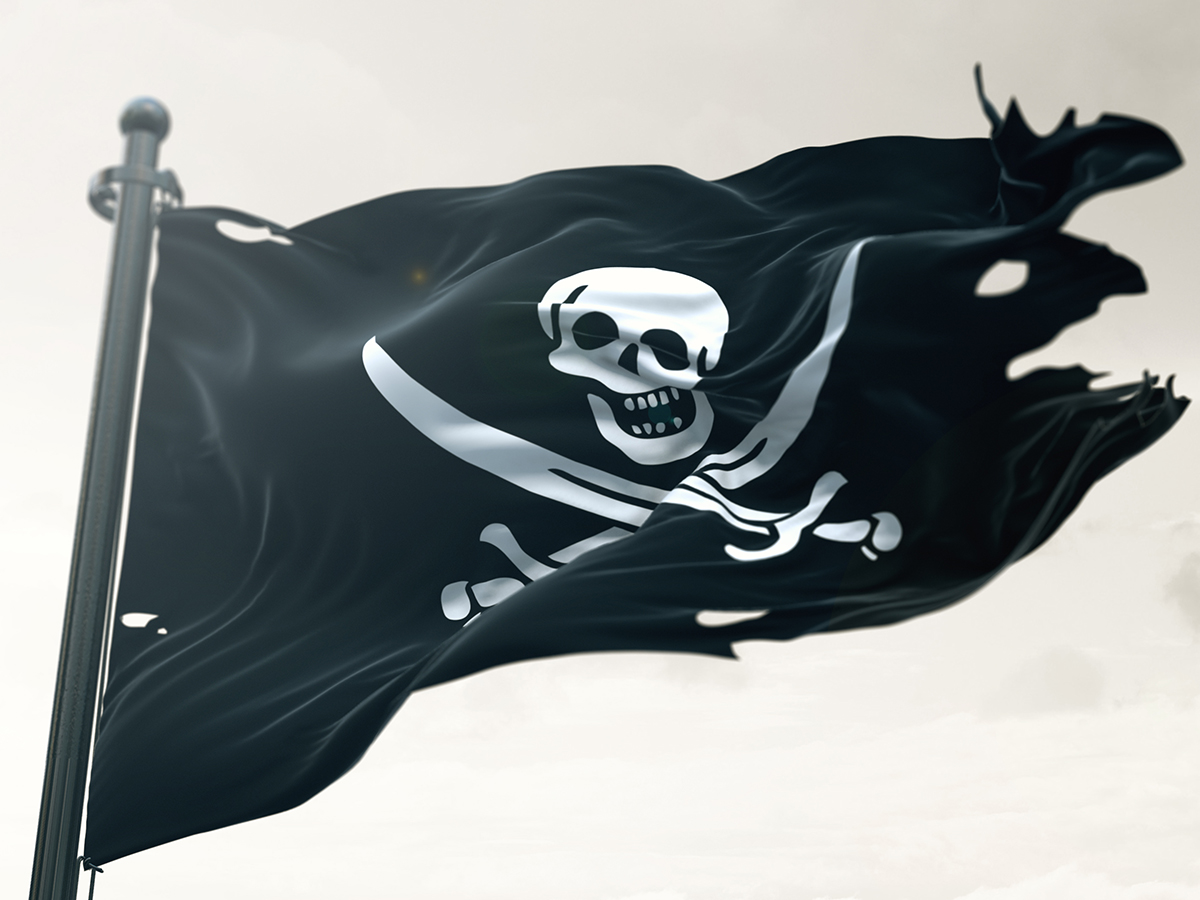
June 8, 2022
I took a lot of U.S. History classes during my school days. We always started with Columbus and then tried to get through the next 500 years in about nine months. As a result, we sped through a lot of history, which ended up leaving some misconceptions about certain topics.
For example, for years I thought that the Emancipation Proclamation of 1863 ended slavery in the United States. This is something that many believe. Lessons in school about the Civil War primarily focused on the battles or the Gettysburg Address. Everything else, especially regarding slavery, was only lightly covered.
While the proclamation did declare slaves of the breakaway Confederate States free, enslaved individuals continued to be held legally in the Union-backing border states of Delaware and Kentucky. It wasn’t until the ratification of the 13th Amendment, in December of 1865, that the practice of slavery was officially abolished.
On Sunday (June 19), we will observe Juneteenth, which celebrates the ending of slavery. But wait…if slavery was officially abolished in December, why are we celebrating in June? In the 1860s, information traveled very slowly, especially if there was no telegraph office nearby. Even when a war was officially over, fighting could continue because some areas hadn’t gotten word yet that peace had broken out. This also meant that it took a while for some enslaved individuals to find out they were free.
On June 19, 1865, nearly two years after it was issued, the enslaved people of Texas finally learned of the Emancipation Proclamation. The good news was declared by Union General George Granger with the reading of General Order No. 3. The celebrations following the announcement began a tradition that has now been going strong for over 155 years—Juneteenth.
Despite the Juneteenth holiday having been around for so long, there are many who are still unfamiliar with its traditions and history. For those who wish to learn more about our newest federal holiday, below are some good titles to help you get started.
For Kids:
- Celebrating Juneteenth by Jody Jensen Shaffer
- What Is Juneteenth? by Kirsti Jewel
- Opal Lee and What It Means to Be Free: The True Story of the Grandmother of Juneteenth by Alice Faye Duncan
- Juneteenth Jamboree by Carole Boston Weatherford
- All Different Now: Juneteenth, the First Day of Freedom by Angela Johnson
For Adults:
- Juneteenth: The Story Behind the Celebration by Edward T. Cotham
- On Juneteenth by Annette Gordon-Reed
- Watermelon and Red Birds: A Cookbook for Juneteenth and Black Celebrations by Nicole A. Taylor
And if you would like a closer look at slavery, Black history, and the Civil War, don’t forget to check out MCPL’s wonderful online databases, including Slavery and Anti-Slavery and Black Thought and Culture.
Happy Juneteenth!
Pamela M.
Antioch Branch







